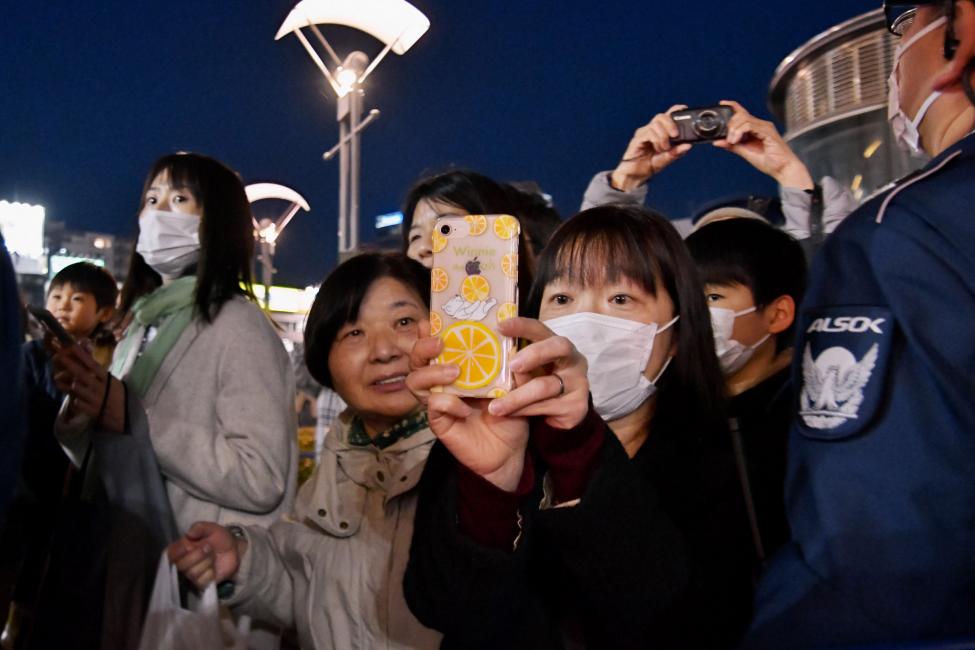Contents
Corona warning apps are being developed worldwide. Now Google and Apple have announced a common technical foundation for a data protection-friendly implementation.Reading time:2 min.Save in pocketreadPrint viewread comments29posts
Apple and Google, as providers of the two leading smartphone platforms worldwide, want to facilitate the development of apps for tracking corona infections. They rely on the detection of distances using Bluetooth radio technology and encryption. “The protection of privacy and the security of users will be the focus of this development,” said the two companies on Friday. The iOS operating system from Apple’s iPhones and the Google system Android should have the appropriate interfaces.
Temporary, anonymized ID numbers
The concept envisages that smartphones can exchange temporary identification numbers regardless of the operating system used, so that the privacy of the user is preserved. The concept of the two groups thus resembles the approach of the pan-European initiative PEPP-PT, which was presented by 130 scientists and developers from eight European countries.
Apple and Google only want to save the contact details on the smartphones of the users, not on a central server. Only when someone with Covid-19 has tested positive will the information be transferred to a server if the person concerned agrees. With this concept, the other smartphones regularly call up a list of the anonymized IDs of the sufferers to see whether they themselves have had contact with an infected person.
Track contacts via Bluetooth
Among other things, Google and Apple want to ensure that the constant exchange of ID numbers does not significantly reduce the battery life of the devices. In a first step, a programming interface (API) will be published in May (PDF document) , which enables the collaboration between Android and iOS devices using apps from the health authorities (the encryption is presented in a separate PDF document ). These official apps would be available for users to download through their respective app stores.
In a second step, the two companies will work “in the coming months” to enable a more comprehensive, Bluetooth-based platform for tracking contacts (PDF document) . This functionality would then be integrated directly into the operating system, i.e. iOS and Android. “This is a more stable solution than a programming interface and will allow more individuals to participate after opting in after opting in.” In addition, the interaction with a wider ecosystem of apps and state health authorities will be possible.
Striving for trust
Apple and Google want to publish the program code of the initiative for free inspection in order to create as much trust as possible. The companies emphasized that the project would not identify any users or use location data. “Google and Apple don’t see who’s sick or who’s healthy.” Users are also made aware of how they can participate or how they can refuse to participate. Health authorities would be involved in informing about infections.
The list of ID numbers of the people you’ve met will not leave the device unless you explicitly allow it. The Bluetooth IDs should be changed every 15 minutes in order to make extensive tracking of people technically impossible. Google and Apple could also deactivate the functionality in the operating systems if they were no longer needed in certain regions of the world.
Also for older operating system versions
“We all at Apple and Google believe that there has never been a more important moment to work together to solve one of the most pressing problems in the world,” the joint statement said . “Through close collaboration and collaboration with developers, governments, and public healthcare providers, we hope to use the power of technology to help countries around the world slow the spread of Covid-19 and return to everyday life to accelerate.”
Users who want to benefit from the initiative of Google and Apple have to update the operating system. Google said it will support Android devices from the Marshmellow (Android 6) version. Apple said it would ensure that virtually all iOS devices were provided with a corresponding update.
